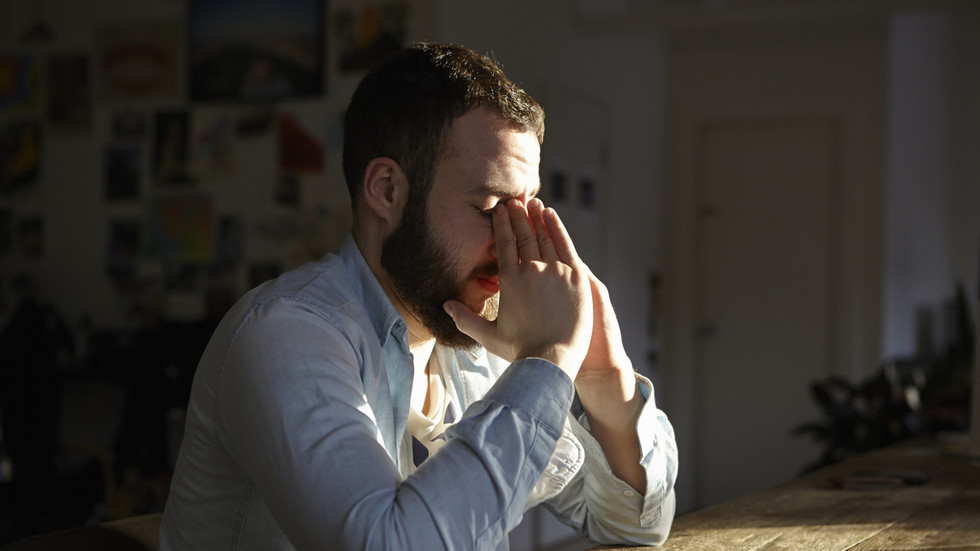
The UK government has launched a campaign to beat the ‘Sunday Scaries’

© Getty Images / Aleli Dezmen
Nearly seven in ten Britons regularly feel anxious before the beginning of a new work week, according to a new state-commissioned survey. The statistics on the so-called ‘Sunday Scaries’ were revealed on Sunday as part of the launch of a new government mental health campaign focusing specifically on this issue.
The poll, which was conducted between September 21 and 26, showed that 67% of people feel dread about the work days ahead. Among those aged 18-24, the number is even higher at 74%.
“The ‘Sunday Scaries’ are shown to peak just after 5pm for many as thoughts and worries turn to the week ahead, with Google searches around sadness spiking on a Sunday as people turn to the internet for help,” the country’s health department said.
It also revealed that searches for ‘trouble sleeping’ also peak on Mondays, “reflecting the nation’s struggle to unwind as the weekend draws to a close.”
“In fact, searches for anxiety have increased 170% in the last 10 years,” the department emphasized.
The survey, which used a sample of 4,013 respondents aged 18-50, exposed three key causes of Sunday anxiety: work stresses, lack of sleep and “looming to-do lists.”
“To distract themselves from the ‘Sunday Scaries’ young people aged 18-24 are most likely to scroll on social media, whereas those aged 25-32 are most likely to binge watch TV and those aged 33-40 are most likely to comfort eat,” the statement reads.
The new Every Mind Matters campaign, launched by the Office for Health Improvement and Disparities, allows people to receive personalized tips on how to deal with anxiety, boost their mood and feel more in control.

Meanwhile, mental health organizations have been expressing concern over the impact of the burgeoning cost-of-living and energy crisis on Brits’ psychological state, which had already been significantly damaged by the pandemic.
A study conducted by the British Association for Counselling and Psychotherapy this past summer revealed that 66% of therapists believe that cost-of-living concerns are causing “a decline” in people’s mental health.
“Choices between ‘heating and eating’ and keeping on top of all the household bills and all the other things we have to pay for show no signs of letting up. And it’s starting to have severe effects on our mental health,” the Mental Health Foundation said late last month.
A report issued jointly in March by the foundation and the London School of Economics and Political Science estimates that mental health problems cost the UK economy at least £117.9 billion per year.




